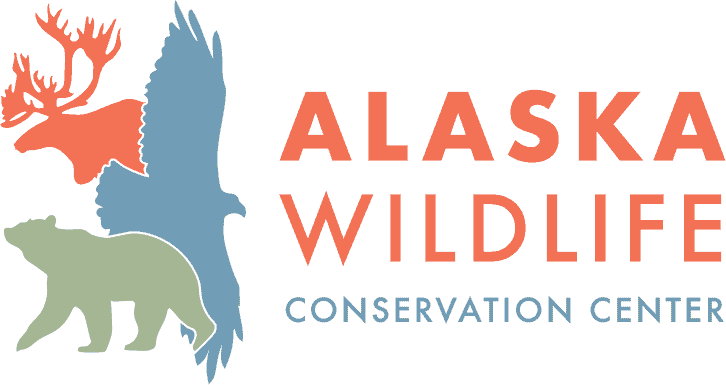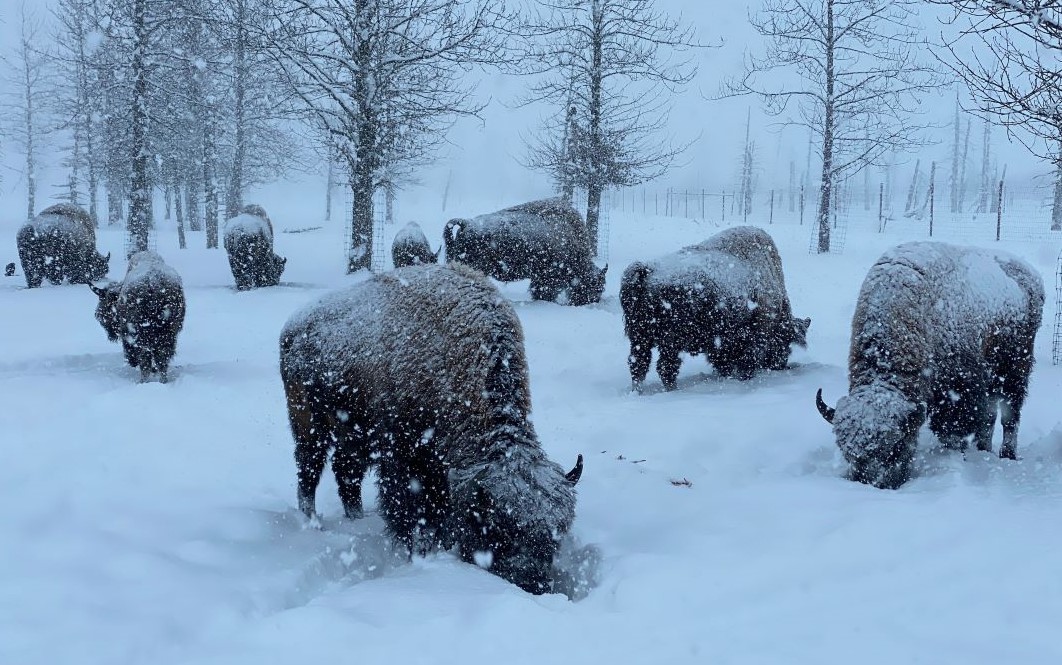The iconic symbol of the plains of the American West: the buffalo…or is it?
Contrary to popular belief, there are no buffalo in North America. The animal we commonly refer to as ‘buffalo’ is actually a bison! The term ‘buffalo’ belongs to species who make their homes in Asia and Africa (specifically water buffalo and cape buffalo).
While both buffalo and bison belong to the family Bovidae they are not closely related. Bison can be easily identified in several ways: they have large shoulder humps and their heads are bigger than those of buffalo. Bison also have “beards” and thick shaggy coats they shed in spring and early summer. Both species sport horns but they are individually quite distinctive. Buffalo horns grow from a hardened central plate (similar to a MuskOx boss) and curl out to the side in a formation similar to a handle bar mustache, whereas bison horns are short and sharp, growing upward and curving in.
So how did the term ‘buffalo’ find its way into every day use, despite the absence of the creature itself? There are two theories surrounding the use of the word in America. One idea proposes the name stems from “buff coats” (a military jacket popular in the 17th century) and their resemblance to the fur and hide of the bison. More commonly accepted, however, is the idea that the name stems from French fur trappers. The French word for oxen and beef is “les boeufs” from which it is an easy jump to the term ‘buffalo’.
Here at the Alaska Wildlife Conservation Center we are home to a herd of Wood Bison. The Wood Bison is a subspecies of the American Bison, and not to be confused with the Plains Bison found in the lower 48. Wood bison are typically bigger (bulls reaching 1800lbs vs 1600lbs), darker in color, and taller with more of a square hump to their backs.
Read more about our Wood Bison, and our work to reintroduce them to their natural habitat HERE!

